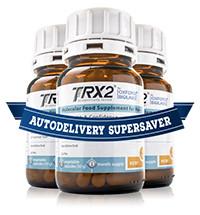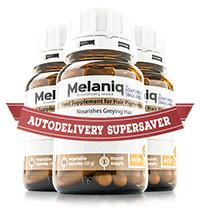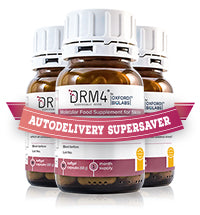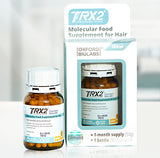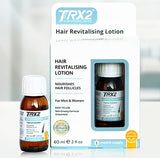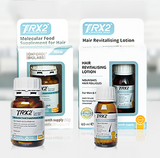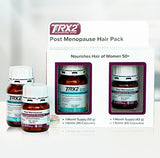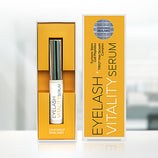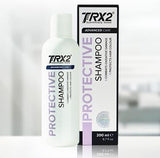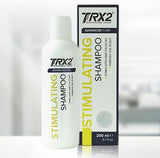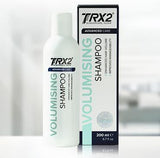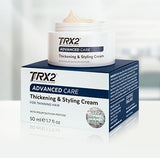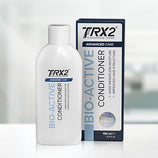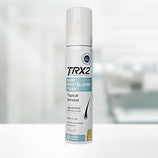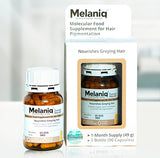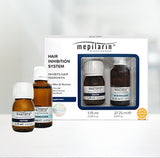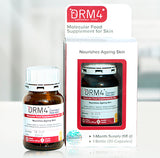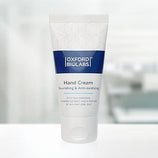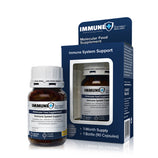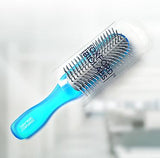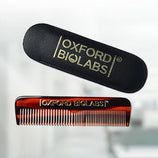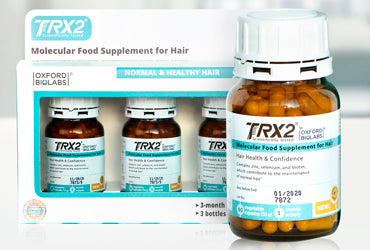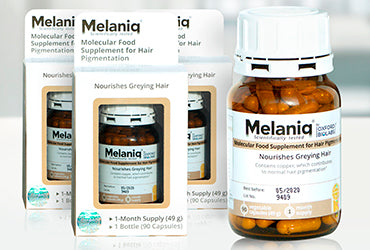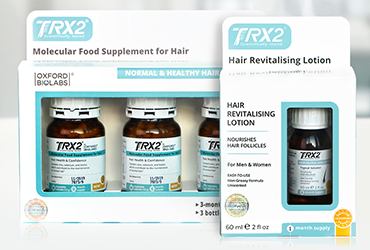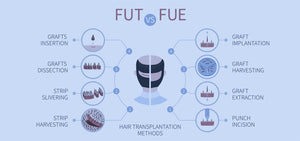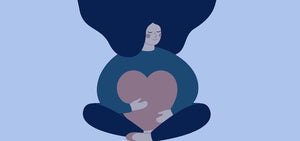- More than 115 million animals are used for testing or slaughtered every year in the name of science
- Outmoded tests like rubbing products in animals’ eyes are still sometimes used
We live in a cruel world, and we can often lose hope that something can be done about it. The needless torture and death of animals should not be overlooked or scoffed at. Generally, there are alternatives to using animals for testing cosmetics and beauty products. The only question is, are we ready to finally say, “No more animal cruelty?”
What does it mean to be cruelty-free?
Many manufacturers claim they are cruelty free, but this can be a matter of judgement. Whilst on the one hand the pharmaceutical industry still widely uses animals for testing new drugs, on the other hand the beauty, cosmetics, and nutraceutical industries try to steer away from such testing. Nevertheless, many cosmetics still use animals to test their products. What does this involve exactly? The animals are often shaved and some beauty product is rubbed into their skin and left there. This method ensures that there are no allergic reactions.
How cruel do these tests get?
One of the most popular tests up until recent times, called the Draize test, involves applying chemicals and beauty products directly into rabbits’ eyes.
From PETA:
There are many alternatives that are available, and even more that are being developed. In the future, animals will not have to be a part of the equation when it comes to testing new products. Moreover, animal testing can be inaccurate, and seeing how mankind has made so many technological advancements, the ongoing use of animal testing seems to many to become ever more outmoded.
What are the main animal-based ingredients that are used in cosmetics?
Apart from animal testing, there are many animal-based ingredients that are used in personal care products that involve killing animals. One of the earliest notable examples is the use of whale blubber in lipstick and other cosmetics. The popularisation of whaling in the early and mid 20th century caused many whale species to almost become extinct.
Similarly, sharks have also been overfished for their fins. These are used to make expensive soups and dishes, as well as ground up and used in some beauty products. Vegans should be especially careful when choosing supplements because many are decidedly not vegan friendly.
To this day, many beauty products use animal-derived ingredients. To name a few, the following are the most common:
- Carmine - a red dye made by crushing cochineal beetles. The diet of these beetles consists of red cactus berries, and when they’re crushed up, they a very bright red dye is produced. Often found in lipsticks and makeup products.
- Tallow - basically animal fat. Made using the remains of carcasses from slaughterhouses. Often found in lipsticks, foundations, and other beauty products.
- Lanolin - is the skin oil from wool-bearing animals, though it is not necessary to kill the animal to get lanolin. Found in many lipsticks and creams.
- Collagen - is derived from animal tissue (chicken feet and animal horns). Often boasted as having lip-plumping qualities, although these claims are generally unfounded.
How does Oxford Biolabs comply with the cruelty-free concept?
Oxford Biolabs® is committed to bringing the most effective, simple solutions to hair loss, greying hair, and ageing in general. Oxford Biolabs® does not test its products on animals, and can therefore justifiably claim the moniker ‘Cruelty-free’.
